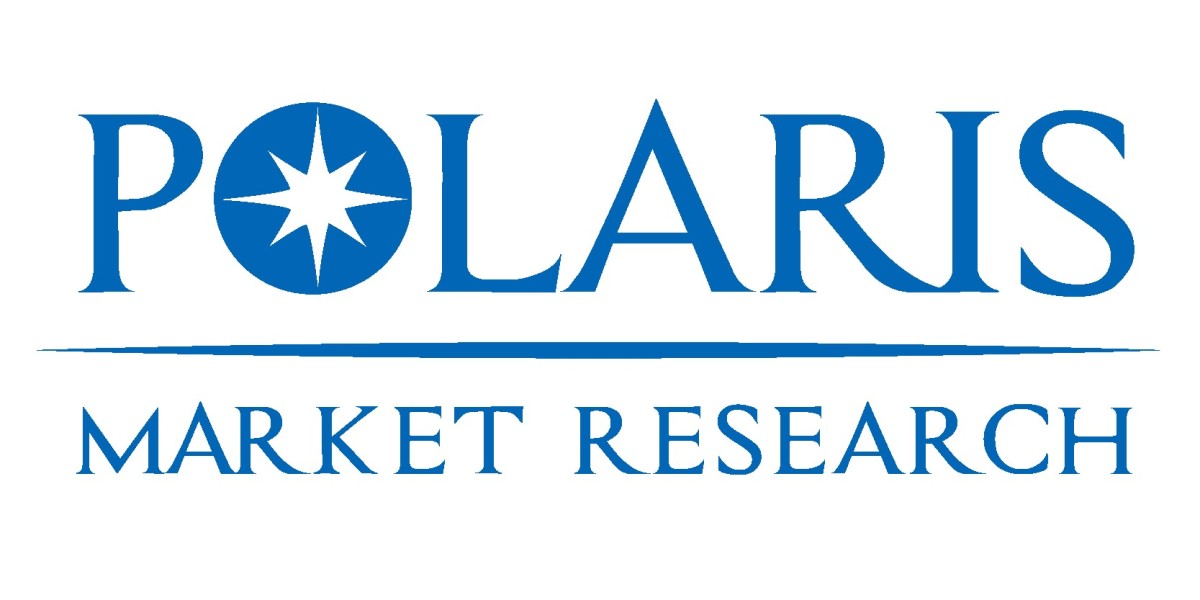The global insulation market is witnessing steady growth, driven by the increasing demand for sustainable building materials, rising focus on energy efficiency, and the expansion of urban infrastructure projects worldwide. As industries, commercial establishments, and households work to reduce energy consumption, insulation has emerged as a critical solution for lowering heating and cooling costs while enhancing indoor comfort.
Global Insulation Market size and share is currently valued at USD 100.70 billion in 2024 and is anticipated to generate an estimated revenue of USD 194.52 billion by 2034, according to the latest study by Polaris Market Research. Besides, the report notes that the market exhibits a robust 6.8% Compound Annual Growth Rate (CAGR) over the forecasted timeframe, 2025 - 2034
From thermal insulation products used in residential housing to advanced solutions for industrial applications, the market is expanding at a rapid pace. The global shift toward green construction and stricter regulations on environmental performance are creating new opportunities for manufacturers and suppliers across the insulation sector.
Market Definition
The insulation market refers to the production and use of materials designed to minimize the transfer of heat, sound, or electricity. These products are essential in maintaining comfortable indoor environments, reducing energy consumption, and enhancing safety across residential, commercial, and industrial buildings.
Key types of insulation materials include:
Fiberglass Insulation: Widely used in residential construction due to affordability and effectiveness in thermal and acoustic performance.
Mineral Wool Insulation: Known for fire resistance and thermal properties, commonly applied in industrial and commercial settings.
Foam Insulation (Polyurethane and Polystyrene): Offers high thermal resistance and is often used in walls, roofs, and floors.
Reflective Insulation: Designed to reduce radiant heat, often used in hot climates to improve energy efficiency.
Natural Insulation Materials: Eco-friendly alternatives such as cellulose, wool, and hemp, gaining traction in green construction projects.
The market serves a wide array of industries, including construction, automotive, manufacturing, and energy, making it integral to both modern infrastructure and sustainable growth initiatives.
Key Market Growth Drivers
Growing Focus on Energy Efficiency
Rising energy costs and stricter regulations on carbon emissions are driving demand for advanced thermal insulation materials in buildings, vehicles, and industrial equipment.Rapid Urbanization and Infrastructure Development
The surge in residential and commercial construction projects across emerging economies fuels market expansion, with insulation becoming a vital element in modern building materials.Green Construction Initiatives
The rise of green construction practices, supported by government incentives and environmental certifications, is accelerating the adoption of eco-friendly and recyclable insulation products.Advancements in Insulation Technology
Continuous R&D efforts are introducing high-performance insulation materials with superior thermal resistance, fire safety, and moisture control, making them suitable for diverse applications.Automotive and Industrial Growth
The automotive sector is adopting lightweight insulation to improve energy efficiency in vehicles, while industries are investing in insulation solutions for machinery, pipelines, and power plants.Health and Comfort Considerations
Consumers are increasingly aware of indoor air quality, noise reduction, and overall comfort, boosting demand for insulation that addresses acoustic and environmental concerns.
?????? ???? ????????:
https://www.polarismarketresearch.com/industry-analysis/global-insulation-market
Market Opportunities
Expansion in Emerging Economies
Rapid urbanization and government housing initiatives in Asia-Pacific, Africa, and Latin America present massive opportunities for insulation suppliers.Sustainable and Natural Insulation Materials
Rising consumer preference for eco-friendly products offers growth potential for cellulose, wool, and hemp-based insulation, aligning with the shift toward green construction.Smart Building Integration
The growth of smart cities and energy-efficient homes provides opportunities for insulation products integrated with sensors to monitor temperature and energy performance.Industrial Energy Optimization
Expanding oil, gas, and manufacturing industries require specialized insulation for thermal management, offering growth avenues for industrial-grade solutions.Government Regulations and Incentives
Subsidies, tax benefits, and building codes mandating energy-efficient construction encourage adoption of insulation across residential and commercial projects.
Regional Analysis
North America
North America remains a dominant market, supported by stringent energy-efficiency regulations, retrofitting of old buildings, and growth in the green construction sector. The U.S. and Canada are key contributors, with advanced insulation systems widely adopted in both commercial and residential projects.
Europe
Europe has long been a leader in sustainability, with high demand for energy-efficient building materials. Regulations such as the Energy Performance of Buildings Directive (EPBD) are driving innovation in insulation technologies across Germany, France, and the U.K.
Asia-Pacific
Asia-Pacific is the fastest-growing market, fueled by rapid industrialization, urban expansion, and large-scale government investments in housing and infrastructure. Countries such as China, India, and Japan are at the forefront of growth, with increasing adoption of advanced thermal insulation materials.
Latin America
Latin America is experiencing growth through rising urban populations and construction activities in Brazil, Mexico, and Argentina. Cost-effective insulation products are in high demand, supported by efforts to reduce household energy bills.
Middle East & Africa
The Middle East & Africa market is expanding due to construction booms in countries like Saudi Arabia and the UAE. The region’s extreme climate drives the adoption of reflective and thermal insulation to improve indoor comfort and reduce cooling costs.
Key Companies in the Global Insulation Market
The market is competitive, with global leaders and regional players introducing innovative products to meet growing demand. Key companies include:
Saint-Gobain S.A.
BASF SE
Owens Corning
Kingspan Group PLC
Rockwool International A/S
Johns Manville (Berkshire Hathaway Inc.)
Knauf Insulation
DuPont de Nemours, Inc.
Huntsman Corporation
GAF Materials LLC
These companies are focusing on sustainable production processes, recyclable insulation materials, and global distribution networks to maintain competitive advantage.
Conclusion
The global insulation market is poised for significant expansion, powered by trends in energy efficiency, sustainability, and innovation in building materials. North America and Europe lead with advanced technologies and strict regulations, while Asia-Pacific stands out as the fastest-growing region with strong demand across both residential and industrial sectors. Latin America and the Middle East & Africa, though emerging, hold great potential as infrastructure projects and urbanization accelerate.
More Trending Latest Reports By Polaris Market Research:
North America Reverse Osmosis Equipment Market
Singapore, Malaysia, and China Corporate Secretarial Services Market
North America and Europe Open RAN Market








